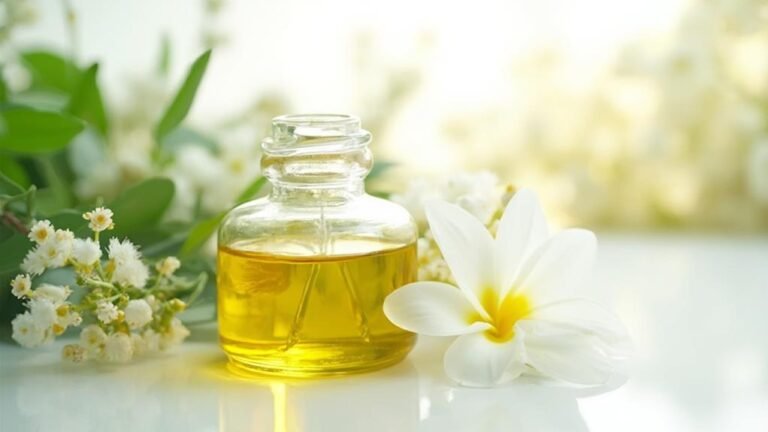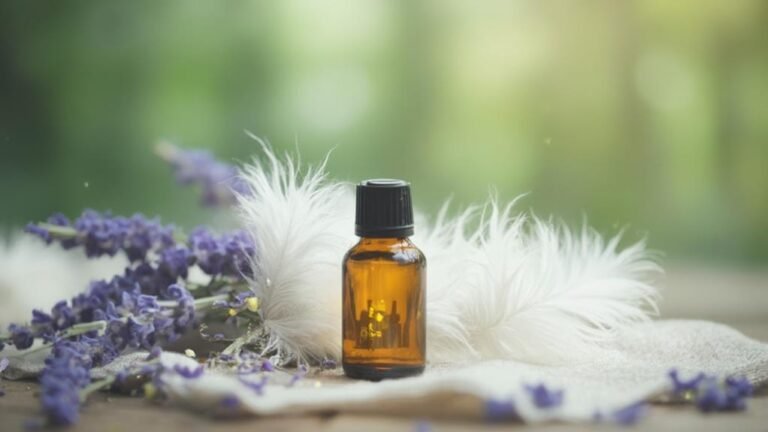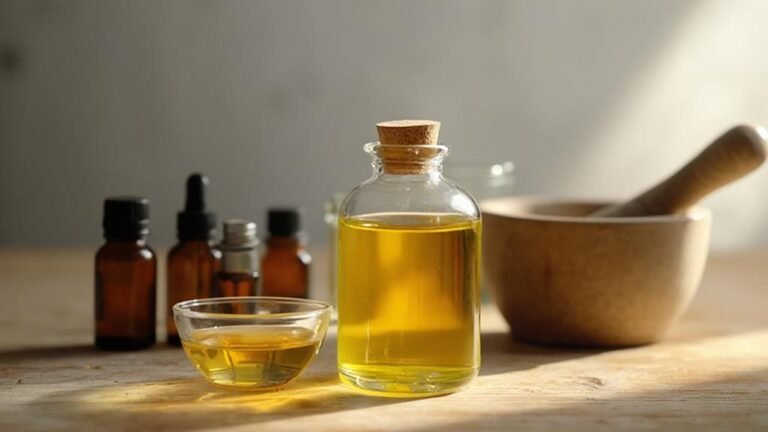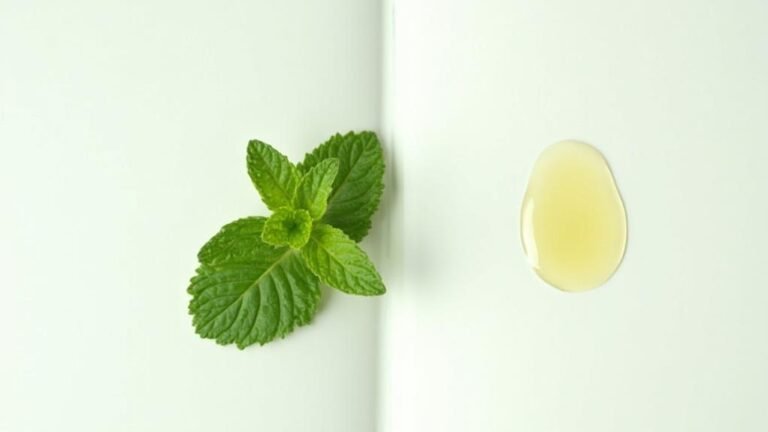Can Essential Oils Cause Nosebleeds?
Yes, certain essential oils can contribute to nosebleeds. This is primarily due to their potential blood-thinning effects or their ability to irritate the nasal passages.
While essential oils offer numerous benefits, it’s important to be aware of these potential risks and use them cautiously.
How Can Essential Oils Trigger Nosebleeds?
Essential oils can increase the risk of nosebleeds in two main ways:
- Blood-Thinning Effects: Some oils contain compounds that can thin the blood, similar to how aspirin works, which can make it harder for your body to stop a nosebleed.
- Nasal Irritation: These oils can dry out and irritate the delicate lining of your nasal passages, making them more prone to bleeding.
Essential Oils That May Increase Nosebleed Risk
- Blood-Thinning Oils:
- Cinnamon: Contains cinnamaldehyde, which can inhibit platelet aggregation (the process of blood clotting).
- Clove: Rich in eugenol, which has anticoagulant properties (prevents blood from clotting).
- Ginger: Contains gingerols and shogaols that can affect blood clotting.
- Wintergreen and Sweet Birch: High in salicylates, which have blood-thinning effects similar to aspirin.
- Nasal Irritants:
- Eucalyptus: Contains 1,8-cineole, which can be drying and irritating to nasal passages.
- Peppermint: The menthol content can cause nasal irritation in some individuals.
- Lavender: While generally soothing, it can have vasodilatory effects (widens blood vessels) that may increase blood flow to the nasal area.
Factors Affecting Individual Risk

The risk of experiencing nosebleeds from essential oils can vary greatly among individuals due to several factors:
- Personal sensitivity to specific oils: Some people may be more sensitive to certain oils than others.
- Pre-existing health conditions: Conditions like high blood pressure, blood disorders, or chronic nasal dryness can increase your risk.
- Medications: If you’re taking blood-thinning medications, using essential oils with similar effects can further increase your risk.
- Overall nasal health and hydration: Keeping your nasal passages well-hydrated can reduce the risk of irritation and nosebleeds.
Tips for Safe Essential Oil Use and Nosebleed Prevention

- Dilute, Dilute, Dilute: Always dilute essential oils with a carrier oil like almond oil or coconut oil before applying them to your skin. A good starting point is a 1-3% essential oil concentration.
- Diffuse, Don’t Inhale Directly: Instead of directly inhaling essential oils, try using a diffuser in a well-ventilated area. This helps to disperse the oil’s aroma without causing irritation. Find out more about using diffusers safely.
- Avoid Application Near the Nose: Be cautious about applying essential oils directly to the skin around your nose, as this can increase the risk of irritation and nosebleeds.
- Start Low and Go Slow: Begin with a low concentration of essential oil and gradually increase it if needed, paying close attention to how your body reacts.
- Stop if You Experience Irritation: If you experience any nasal irritation, discomfort, or nosebleeds, discontinue use of the essential oil immediately.
What to Do if a Nosebleed Occurs
If you experience a nosebleed, follow these steps:
- Sit upright and lean forward: This helps prevent blood from draining down your throat.
- Pinch your nostrils together: Use your thumb and index finger to pinch the soft part of your nose closed.
- Apply a cold compress: Place a cold compress or ice pack on the bridge of your nose to help constrict blood vessels.
- Breathe through your mouth: Continue to breathe through your mouth while pinching your nose.
- Maintain pressure for 5-10 minutes: Keep pinching your nostrils for at least 5-10 minutes without releasing pressure to check if the bleeding has stopped.
- Seek medical attention if needed: If the bleeding is heavy, doesn’t stop after 15-20 minutes, or if you feel faint or dizzy, seek medical attention immediately.
Alternative Oils and Approaches
If you’re prone to nosebleeds or have sensitive nasal passages, consider these alternatives:
- Gentler oils: Chamomile, geranium, and frankincense are generally considered gentler and less likely to cause irritation.
- Hydrosols: Hydrosols are water-based plant extracts that are less concentrated than essential oils and may be a safer option for those with sensitivities.
- Aromatherapy jewelry: This allows for gentler, indirect exposure to essential oil scents.
When to Seek Professional Advice
Consult a healthcare professional or certified aromatherapist if:
- You have a history of frequent nosebleeds.
- You’re taking blood-thinning medications.
- You experience persistent nasal irritation or bleeding after using essential oils.
- You have any underlying health conditions that may increase your risk.
By understanding the potential risks and following safe usage guidelines, you can enjoy the benefits of essential oils while minimizing the risk of nosebleeds and other adverse effects.







